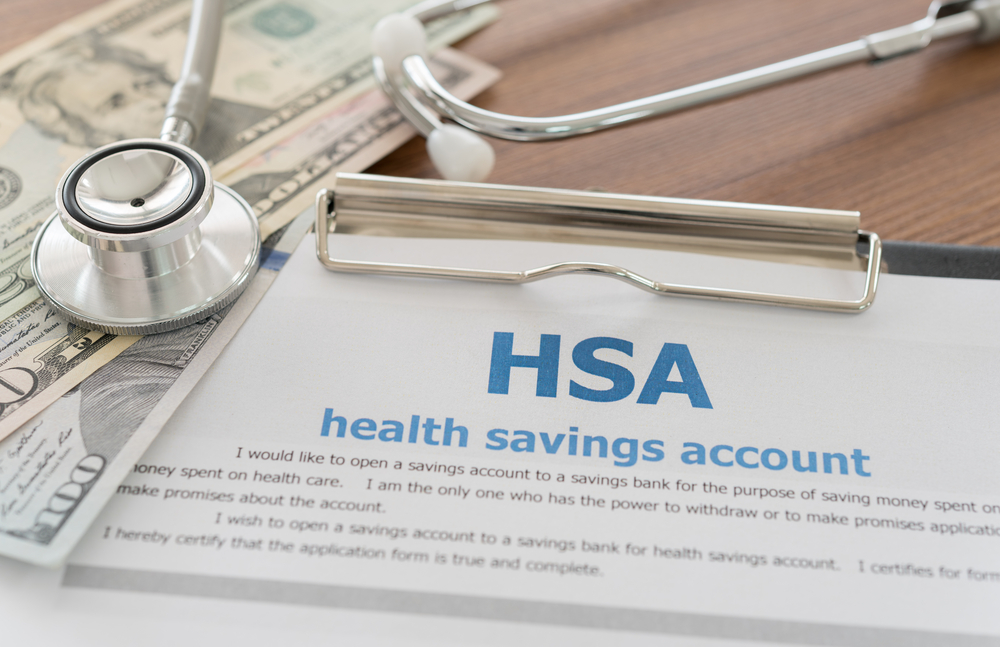Why Are Health Savings Accounts a Part of Many Retirement Plans?
Imagine you and your spouse are 65-years-old and retiring this year. I hope you have about a quarter-million dollars saved just to cover the healthcare costs you’ll have through retirement. This is according to a retirement cost outlook from Fidelity - and it’s up more than 6% from the 2016 estimate.

This is one of the reasons Health Savings Accounts (HSA) have become a key part of the overall retirement plan for many Americans. As more employers are realizing the cost-saving benefits associated with high deductible health plans (HDHP) and HSA programs, it’s also getting common for consumers to have access to HSAs, such as the HSAs available at 3Rivers.
That’s the good news. However, the average HSA is about $110,000 short of the estimated funding target. And that is not accounting for a 2% rate of inflation. Once that’s factored in, HSA analysts at Devenir project the goal doubles – to roughly $498,124 – in 30 years.
The HSA Triple Tax Benefit*
One of the most appealing attributes of an HSA is that they offer a triple tax benefit. Since the money is tax deductible when you deposit it, it grows, tax-deferred. Then, you can take it out tax-free when it’s used for qualified medical expenses. So, it defers your taxes when you deposit it, grows without taxation, and is not taxed when used appropriately. Hence, the triple benefit.
HSAs Are Not “Use It or Lose It”
In addition to the tax benefits, there's no "use-it-or-lose-it" stipulation with Health Savings Accounts. Any funds that are in your account at the end of the year will roll over to the next, when your contribution limits start anew. Of course, unless you were to become disabled, if you need the funds for something other than a medical related need before age 65, you’ll be penalized 20% on top of getting taxed for the funds. However, after age 65, the money you withdraw can be used for a non-healthcare expense without penalty (though the tax still applies).
Contributing to an HSA as a Retirement Strategy
It’s no wonder HSAs have become such an appealing part of retirement strategies.
You may contribute to an HSA if you have a high-deductible health care plan (HDHP). Like an IRA, there are maximum annual contributions limits. This means you cannot add as much money as you can put with other retirement savings options, so an HSA is not going to be enough for your retirement by itself. However, it can be a strong addition to your normal retirement savings.
Click here to learn more about how you can leverage your HSA for retirement impact.
It is a good practice to research all your options for retirement savings. Whether it’s investing in HSAs, IRAs, stocks, bonds, mutual funds, or annuities, we can help you decide which options will work best with your goals. Visit any branch, or meet with us in person by scheduling an appointment with a member of our team.
*This material is for informational purposes, and should not be relied on for tax, legal or accounting advice. Please consult your own tax, legal and accounting advisors before engaging in any transaction.
